24/7 Helpline:
(866) 899-221924/7 Helpline:
(866) 899-2219
Learn more about Couples Rehab centers in Marshall County

Other Insurance Options

Horizon Healthcare Service

Optima

CareFirst

Health Net

Anthem

Medical Mutual of Ohio

Meritain

Access to Recovery (ATR) Voucher

State Farm

Premera

Multiplan

Cigna

Holman Group

Self-pay options

PHCS Network

BHS | Behavioral Health Systems

Aetna

Excellus
Beacon

Amerigroup

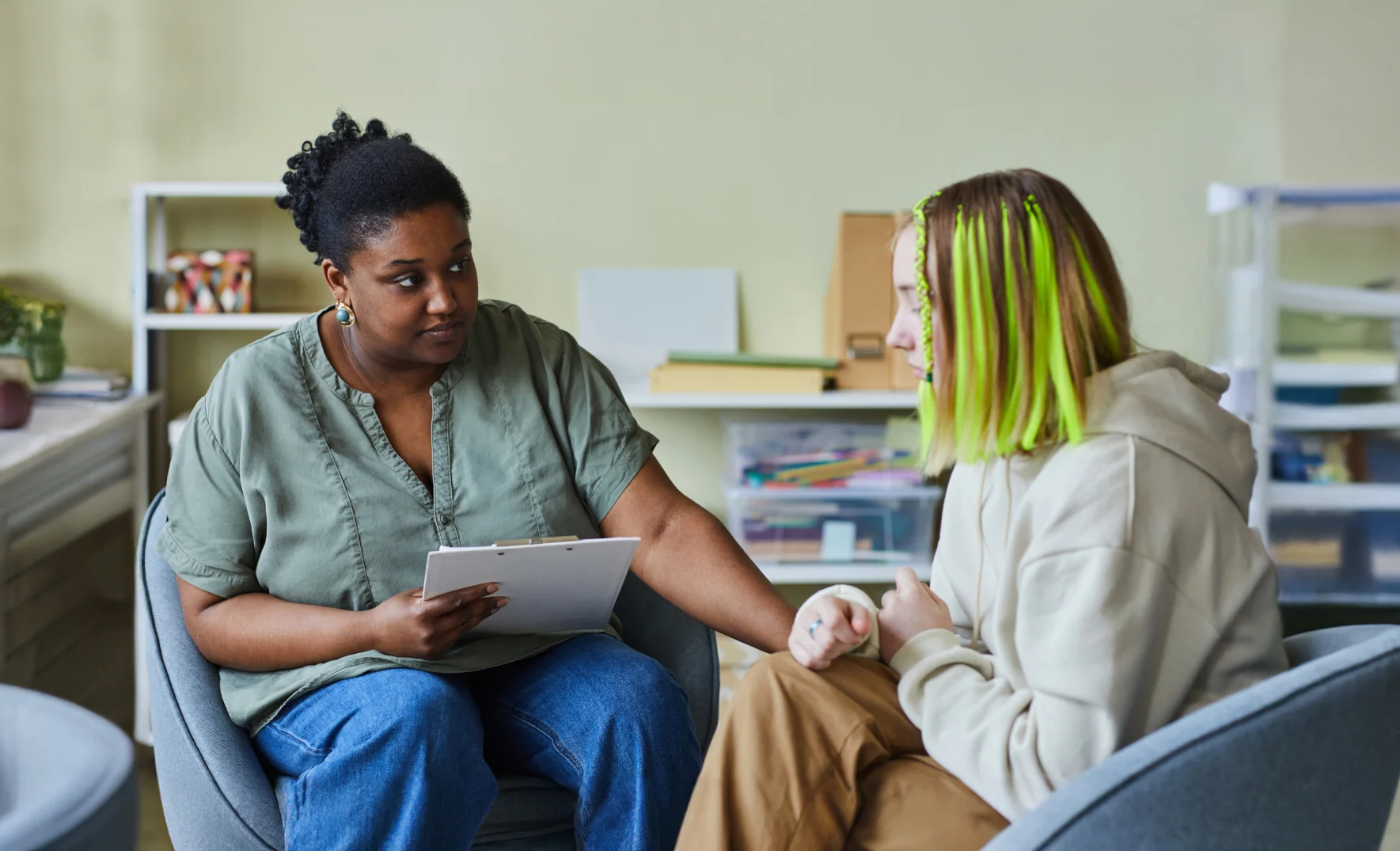

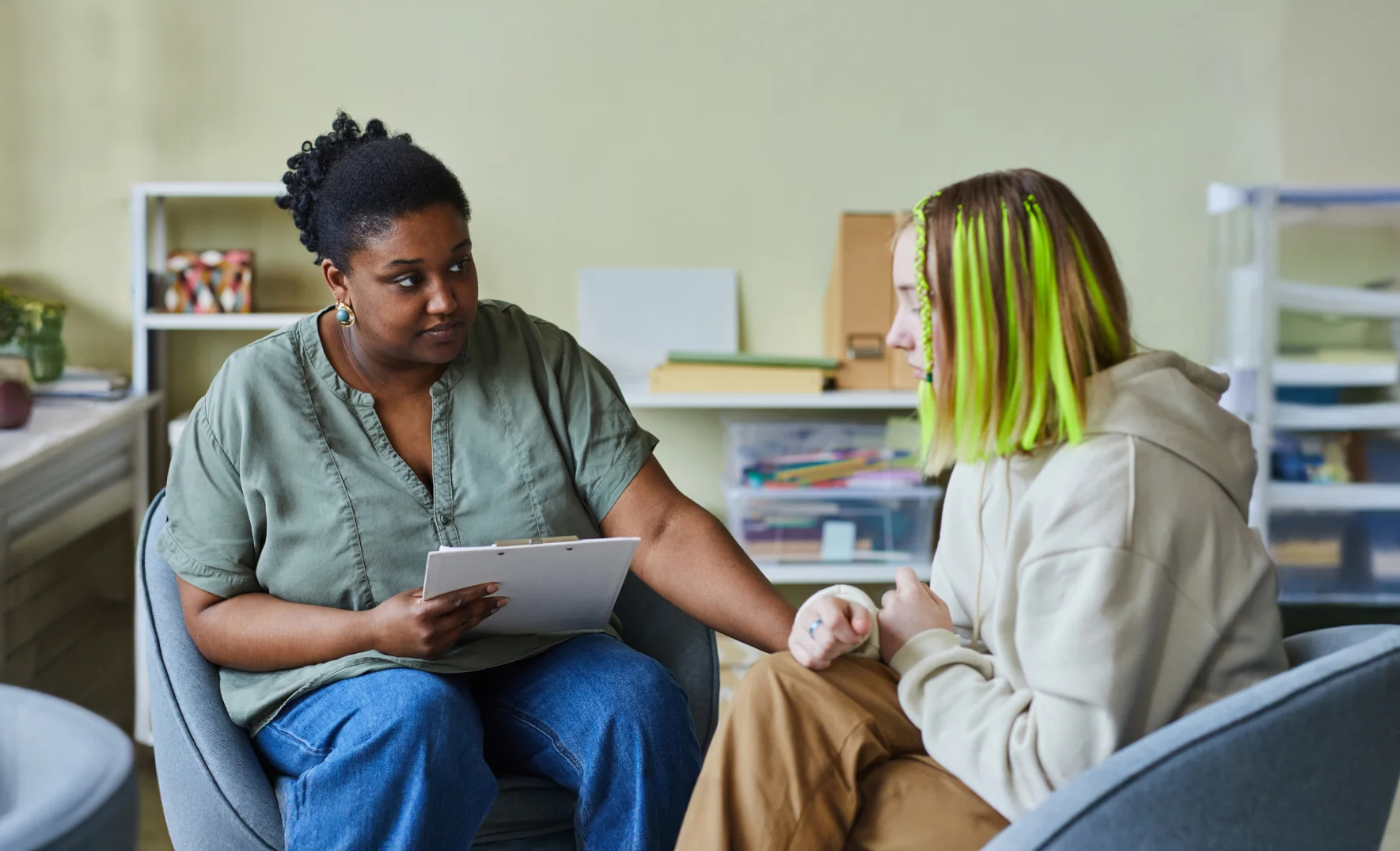
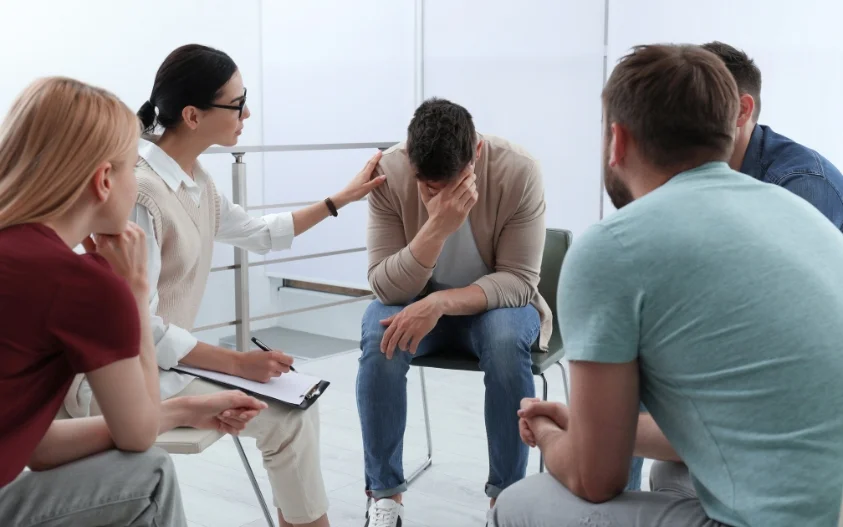



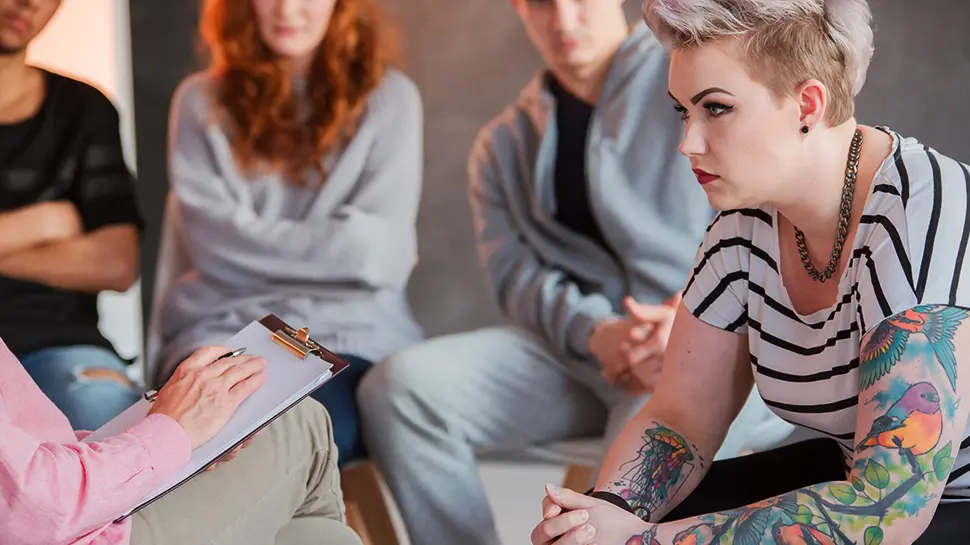

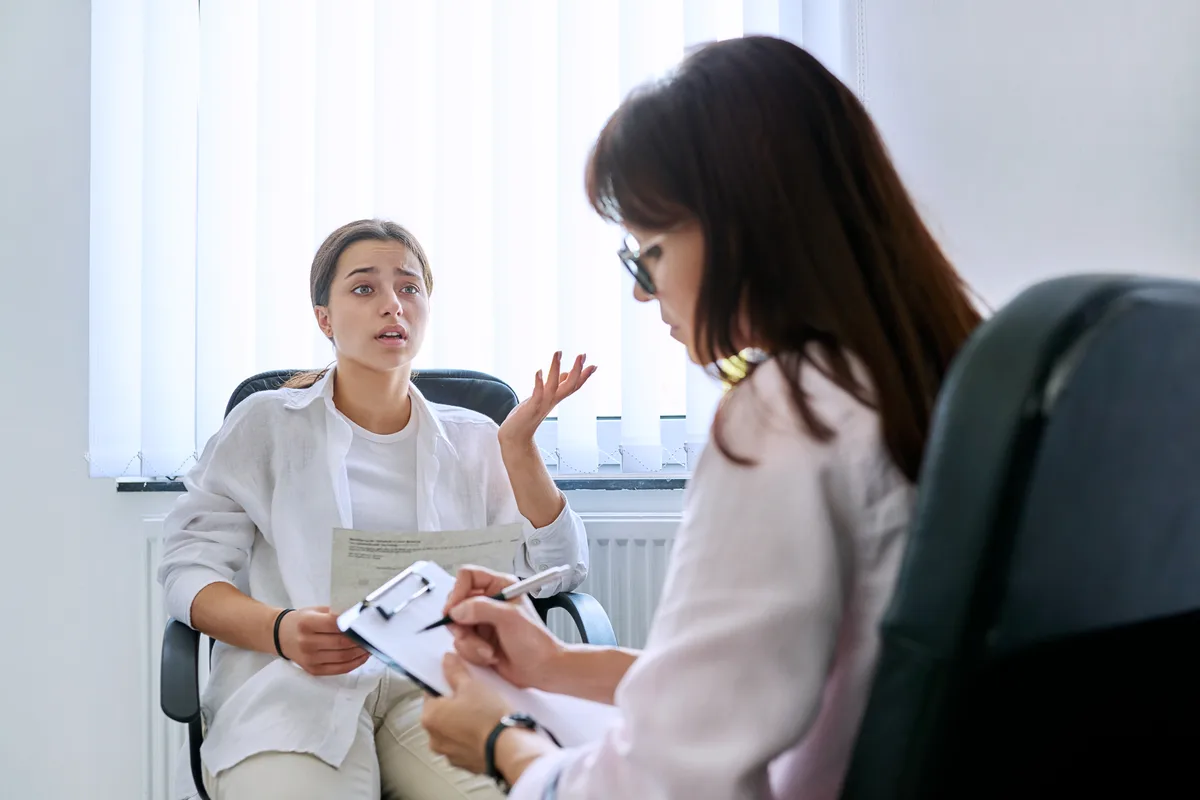
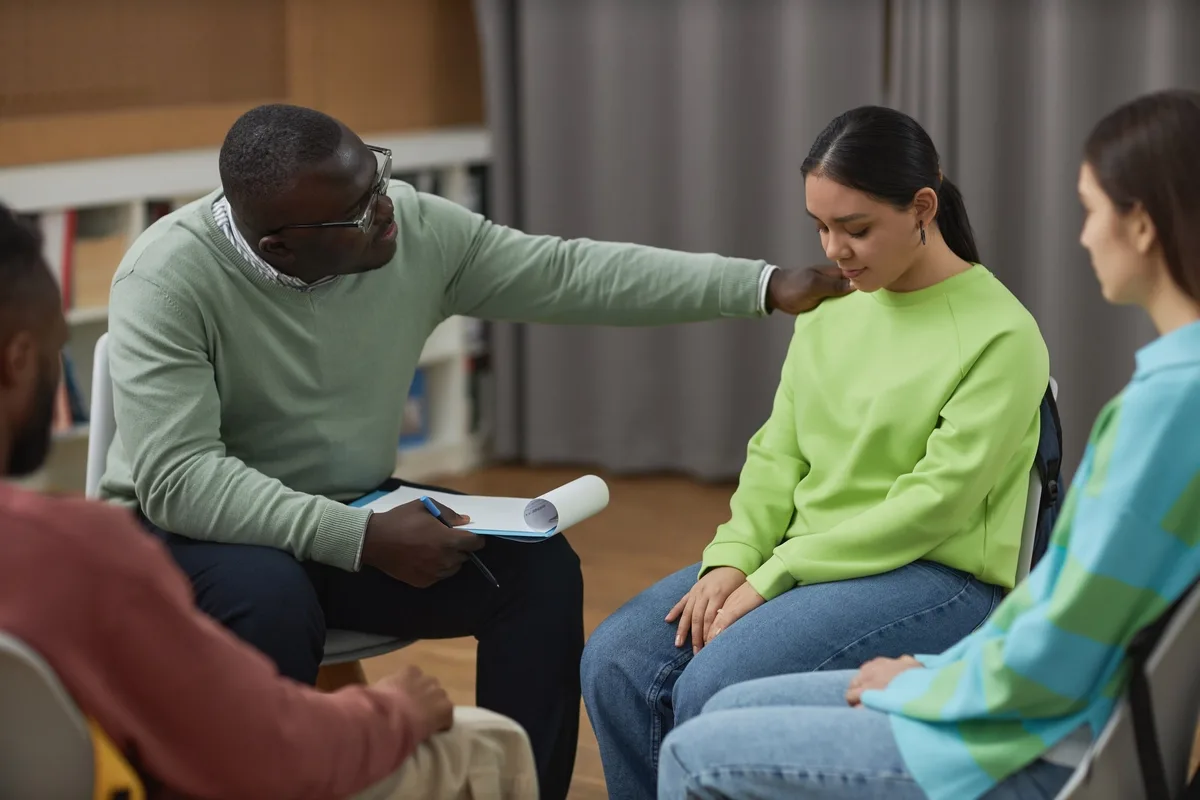
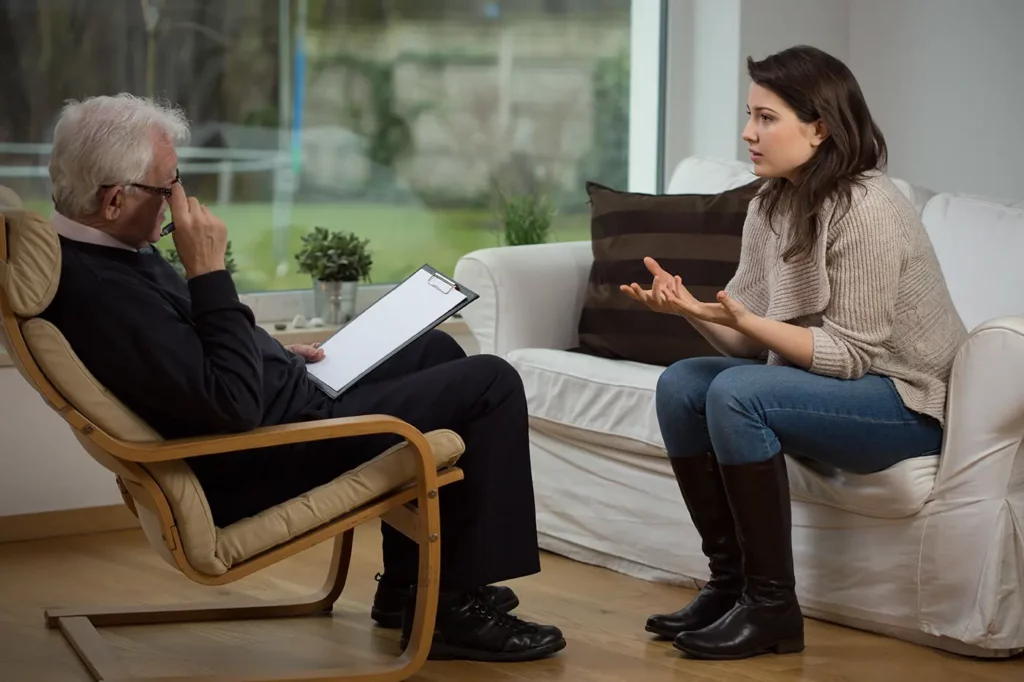

AA – Alcoholics Anonymous
AA – Alcoholics Anonymous is a private rehab located in Gilbertsville, Kentucky. AA – Alcoholics Ano...






































